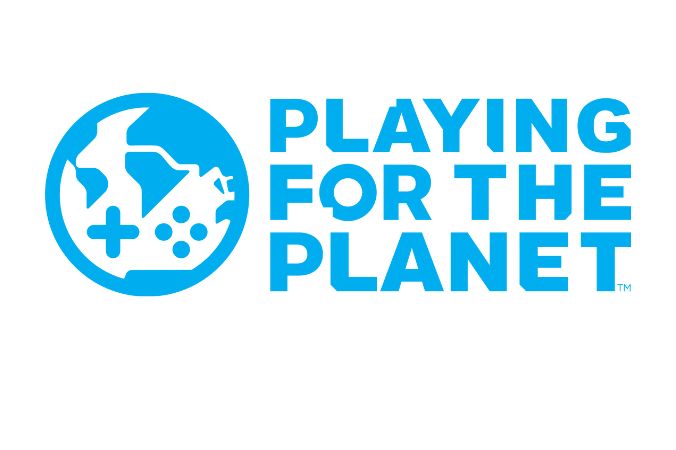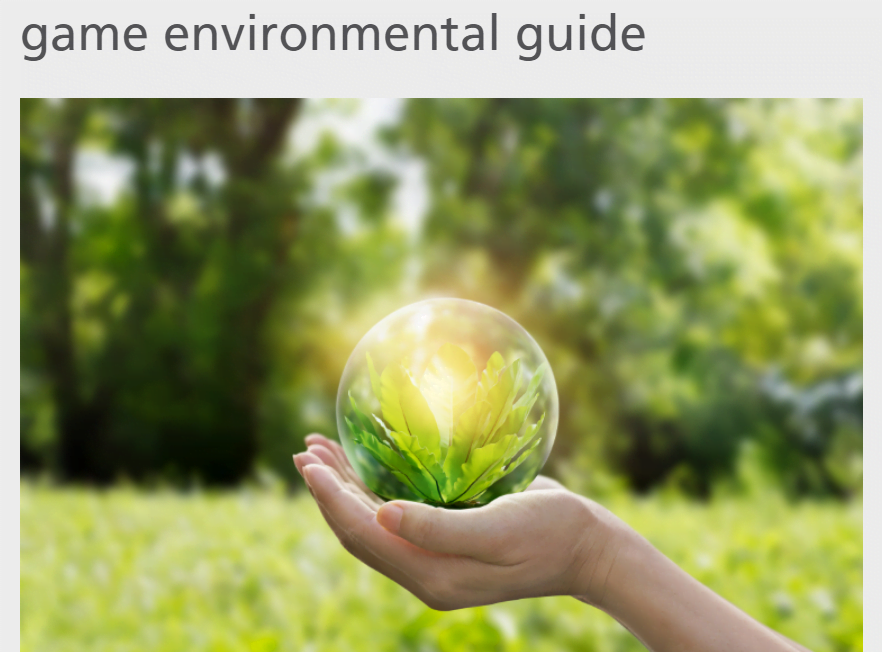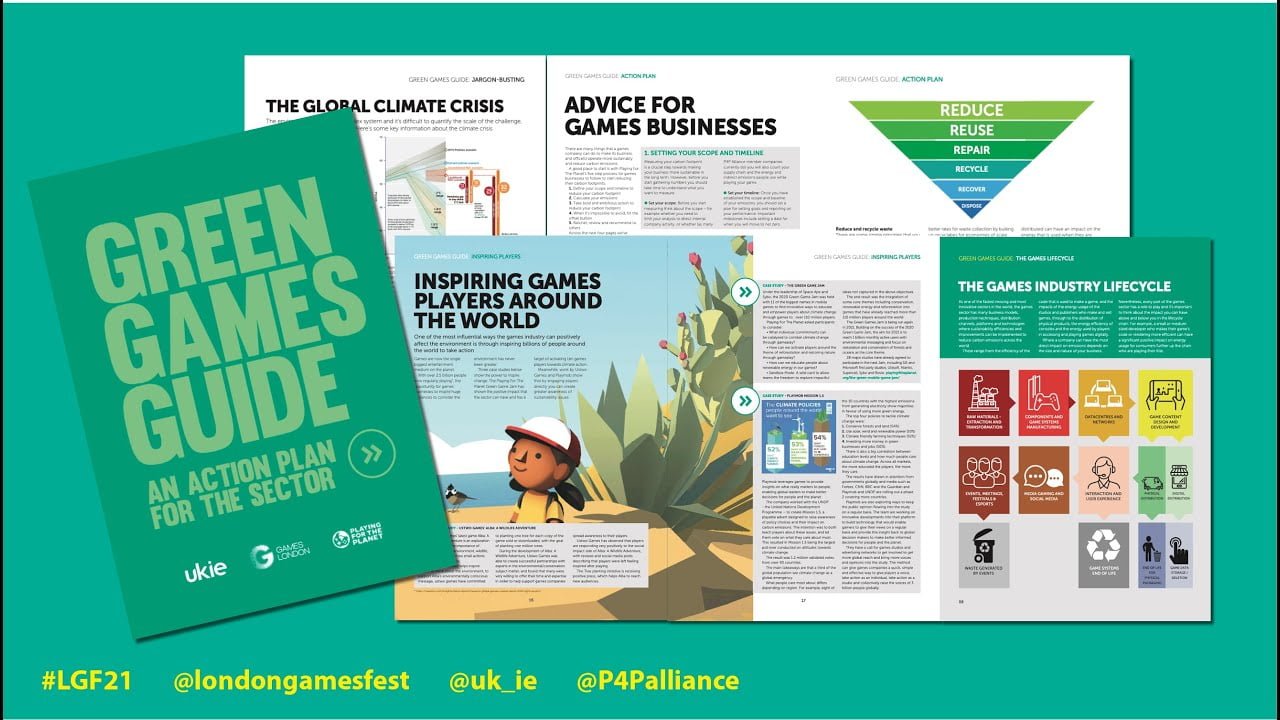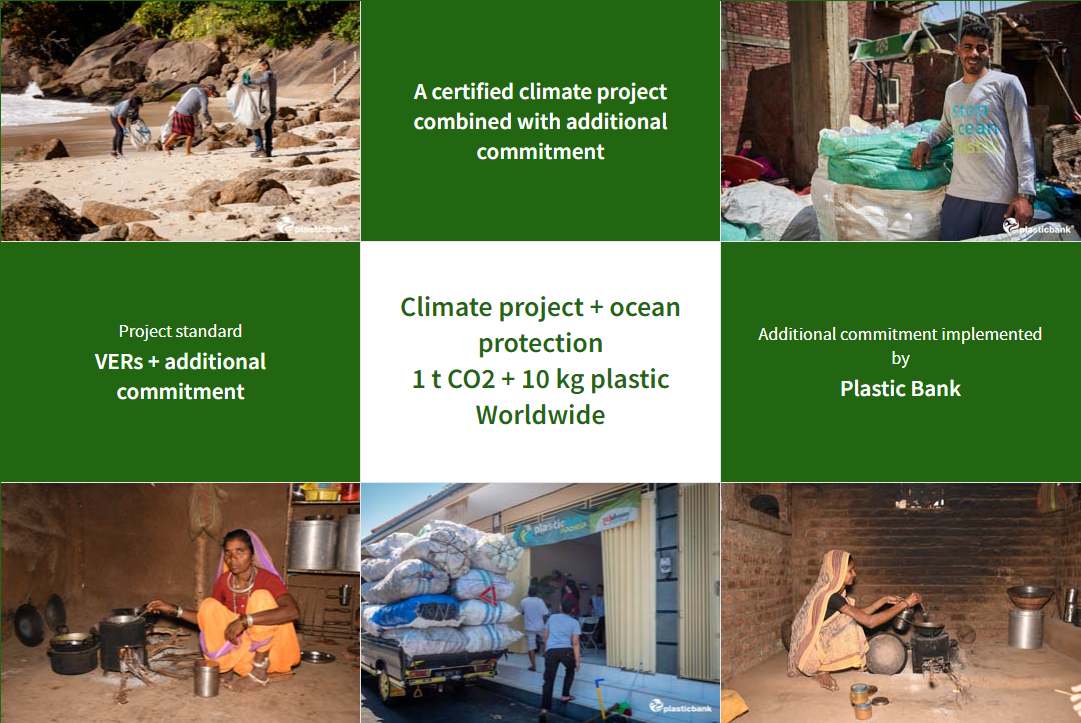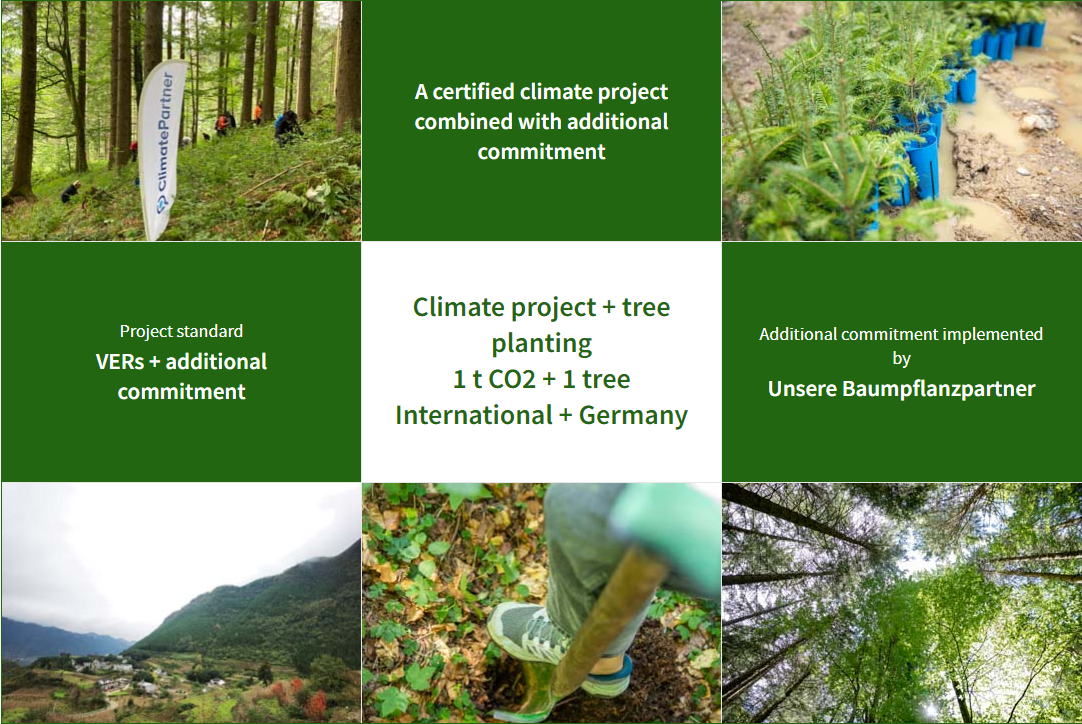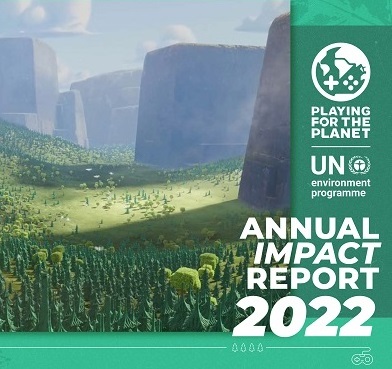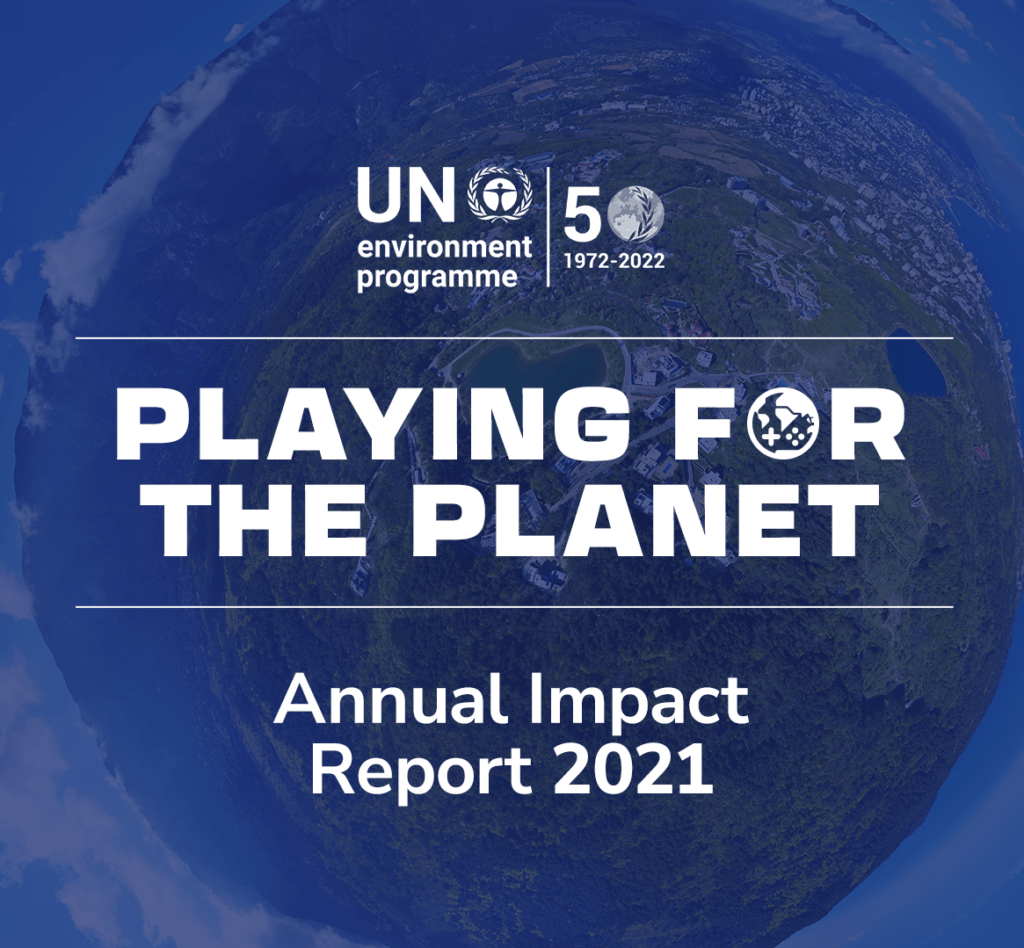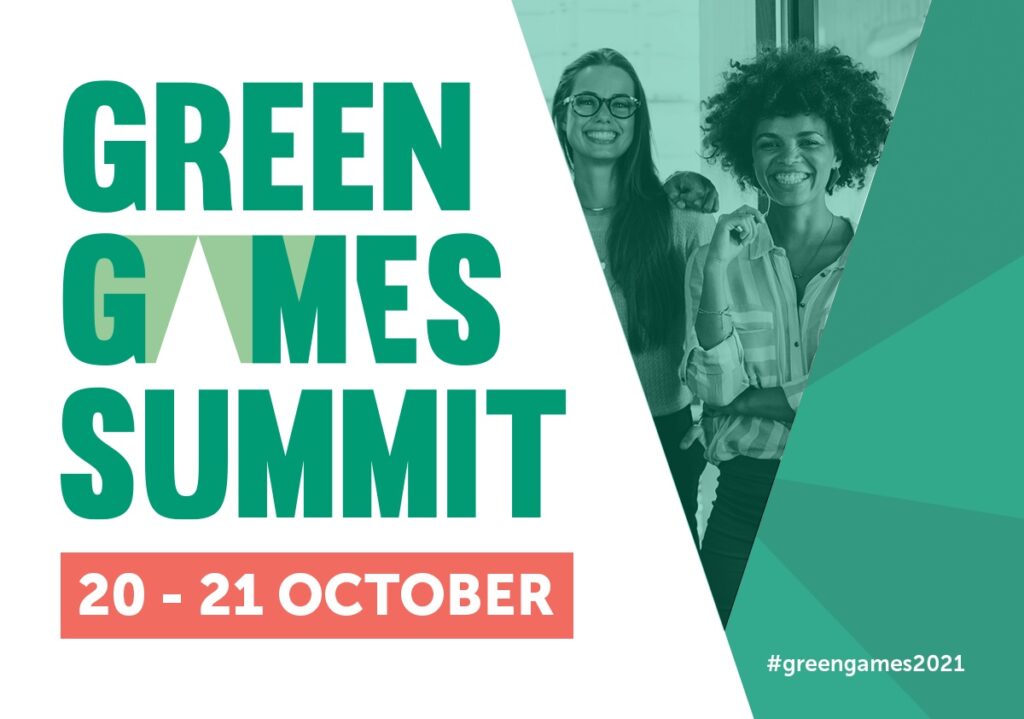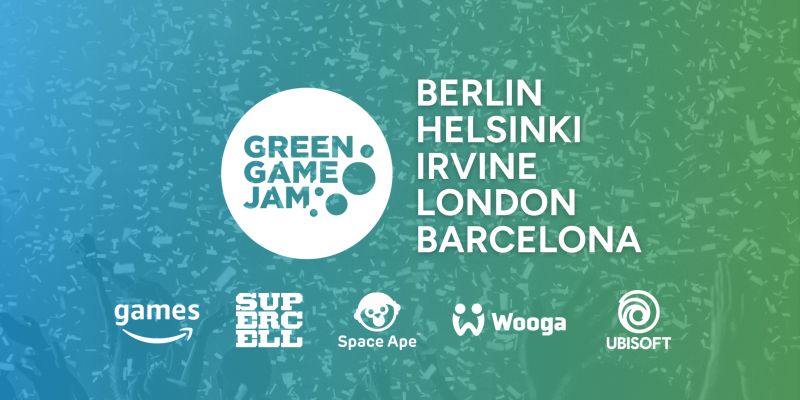Our climate commitment
The video games industry shares the European Union’s belief that addressing climate change is one of the most pressing challenges of the 21st century.
As a result, it has taken numerous environmental initiatives and is working to improve the energy efficiency of its devices and services.
Raising awareness through video games
Collaborating. Learning.
Sharing expertise.
Guide: Untangling the carbon complexities of the video gaming industry
Assessing its environmental impact as a video game studio is an essential step towards understanding and reducing its carbon emissions, but navigating international carbon accounting standards may be difficult. In 2023, the P4P Alliance produced guidance on the GHG Protocol and how video game companies can measure their Scope 3 emissions.
Playing for the Planet Alliance
The Playing for the Planet Alliance was during the 2019 Climate Summit at UN Headquarters in New York. In joining the Alliance, members have made commitments ranging from integrating green activations in games, reducing their emissions and supporting the global environmental agenda through initiatives ranging from planting millions of trees to reducing plastic in their products.
game Umwelt-Guide
game, has developed a free environmental guide (in German) aimed at assisting those in the video games industry looking for practical tips and best practices for games companies to become more climate-friendly. 76% of German companies are already involved in initiatives such as saving measures for energy and heating, the use of green electricity, waste separation, and lots more.
A Climate Handbook for Game Companies
During the Bornholm Game Days 2019, more than 40 Nordic video game companies decided that the most important issue to address in the coming year would be climate change. As a result, Nordisk Games founded PlayCreateGreen, a platform where studios can find tips and guidance to embark on their environmental journey.
Green Game Guide
In early 2021, Ukie partnered with Games London and the Playing for the Planet Alliance to create a Green Games Guide to help companies think about how they can improve their approach to sustainability.
Video Games Europe Secretariat’s commitments
During the 2021 EU Green Week, Video Games Europe became Associate Member of the United Nations-facilitated Playing for the Planet Alliance and supported Green Game Jam, which aims to mobilise 1 billion video game players to take action on the climate crisis.
With the help of ClimatePartner, Video Games Europe Secretariat measured its environmental impact for 2020, estimated at 17,570 tco2 eq. The calculation follows the GHG Protocol and includes Scope 3 emissions. We are committed to repeating this exercise each year in order to achieve continuous climate neutrality.
In line with our commitments as an Associate Member, we offset our impact by supporting certified projects below:
Games Console Voluntary Agreement
In 2015, Nintendo, Sony Interactive Entertainment and Microsoft agreed with the European Commission to further improve the energy efficiency of games consoles. They launched the Games Consoles Voluntary Agreement (GCVA), which includes provisions for energy and resource efficiency that apply to both current and future generations of games consoles.
It is estimated that the GCVA will save 48 TWh of energy over the lifetime of current-generation consoles (equivalent to Greece’s annual electricity production in 2019). To ensure continuous improvement, the agreement is reviewed every two years. Source: https://efficientgaming.eu/
The industry also contributes significantly by sharing its expertise in ensuring that proposed solutions are both efficient and technically feasible.


